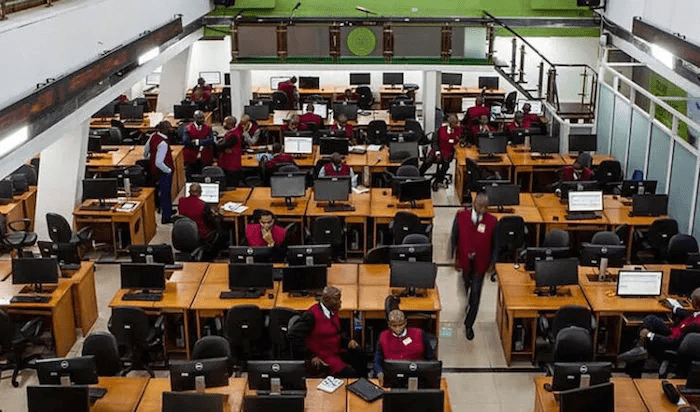The monarch expressed deep frustration over the inability of the Nigerian military to confront terrorists who have repeatedly invaded his domain. ArticlesRead More
Group Seeks US-Nigeria Collaboration in Alleged Christian Killing
Group Seeks US-Nigeria Collaboration in Alleged Christian Killing
Omolabake Fasogbon
The National Youth Council of Nigeria (NYCN) Diaspora chapter has called on the United States government, led by President Donald Trump, to lend support to Nigerian authorities in investigating the alleged killing of Christians.
Vice-President of NYCN Diaspora, Ambassador Collins Osazee Idahosa, who made the call in a statement, urged the US government to partner Nigeria in bringing the perpetrators to justice.
The group said its request is not for a declaration of war, but for collaborative efforts to enhance security and stability in Nigeria.
According to Idahosa, the proposed support would involve backing Nigerian security agencies in their investigation and collaboration on initiatives to combat terrorism and violence and providing capacity-building programmes for Nigerian law enforcement agencies.
“Our appeal to the United States is not a call for confrontation, but for constructive partnership that strengthens Nigeria’s security architecture and supports a credible investigation into the killing. By working collaboratively, both nations can help deliver justice for the victims, deter future attacks, and reinforce peace and stability across Nigeria,” Idahosa said.
He expressed optimism that joint efforts would ensure the safety and security of lives and properties, promoting a more stable and prosperous Nigeria.
Omolabake Fasogbon The National Youth Council of Nigeria (NYCN) Diaspora chapter has called on the United States government, led by President Donald Trump, to lend support to Nigerian authorities in



